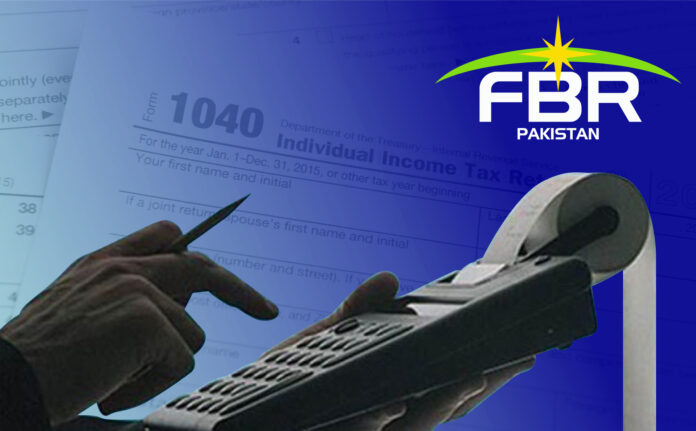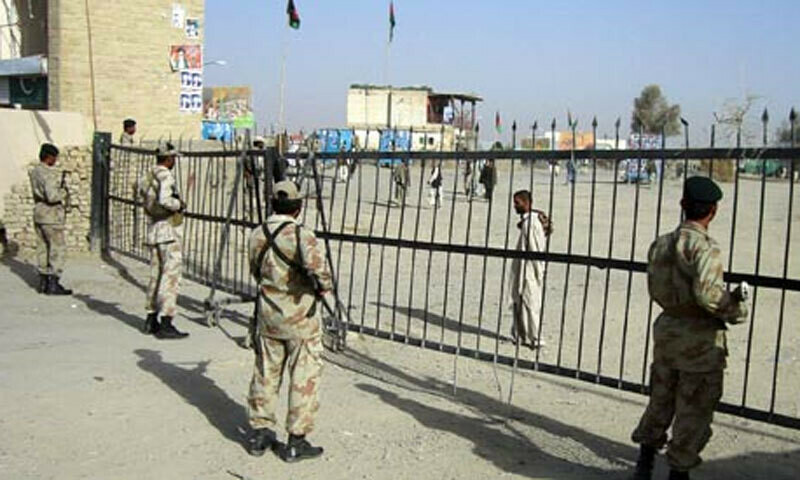TRADE & ECONOMY

Pakistan’s energy sector stands at a critical juncture, grappling with a massive circular debt of nearly Rs6 trillion. This alarming crisis jeopardises the country’s economic stability, energy security, and investor confidence. The roots of this issue trace back to the 1990s, when policymakers inked short-sighted agreements with Independent Power Producers (IPPs), creating a financial quagmire that continues to deepen.
The Origins of Circular Debt
Circular debt arises when power purchasers fail to recover payments from electricity distribution companies (Discos) and subsequently default on payments to IPPs. This debt, which first surfaced in 2006, was exacerbated by power purchase agreements (PPAs) granting IPPs guaranteed returns and capacity payments irrespective of electricity demand.
Under the take-or-pay model, power purchasers are obligated to pay IPPs even when energy produced is not supplied to the national grid. This arrangement has inflated costs and contributed significantly to the circular debt crisis.
Legal Challenges to Power Policies
The Supreme Court of Pakistan has recently accepted petitions challenging the validity of power policies from 1994, 2002, and 2015. These petitions argue that the PPAs and implementation agreements were signed without competitive bidding, violating principles of transparency and rationality. If the apex court overturns these agreements, it could have far-reaching implications for Pakistan’s energy sector and its sovereign commitments.
Economic Consequences of Circular Debt
The exorbitant cost of electricity generation, driven by IPPs’ reliance on imported fuels, has made power unaffordable for many Pakistanis. The inability of power purchasers to recover costs from consumers has led to defaults, forcing the government to step in under guarantee agreements.
This cycle has strained public finances and led to expensive arbitration proceedings with IPPs, further burdening taxpayers. Rising electricity tariffs have disproportionately impacted households and industries, raising concerns about violations of fundamental rights.
The Path Forward: Urgent Reforms Needed
To address the crisis, experts emphasize the need for structural reforms in the power sector, including:
- Renegotiating PPAs: Transitioning from take-or-pay to take-and-pay models to eliminate capacity payments for unused electricity.
- Privatisation: Transforming power purchasers into private entities to improve efficiency and accountability.
- Policy Revisions: Engaging IPPs in constructive dialogue to revise agreements and reduce concessions granted under previous policies.
In 2020, Pakistan signed memoranda of understanding with IPPs to reduce financial burdens, but these agreements remain subject to approval by the National Electric Power Regulatory Authority (NEPRA) and the consent of IPPs’ lenders, which has yet to be secured.
A Call for Swift Action
The circular debt crisis demands immediate and decisive action. Delays in implementing reforms risk deepening the crisis, deterring investments, and undermining economic growth. By aligning IPP agreements with financial realities and fostering a competitive energy market, Pakistan can pave the way for a sustainable energy future.
The stakes are high: resolving this crisis is not just about stabilising the energy sector but ensuring the well-being of Pakistan’s 240 million citizens.




